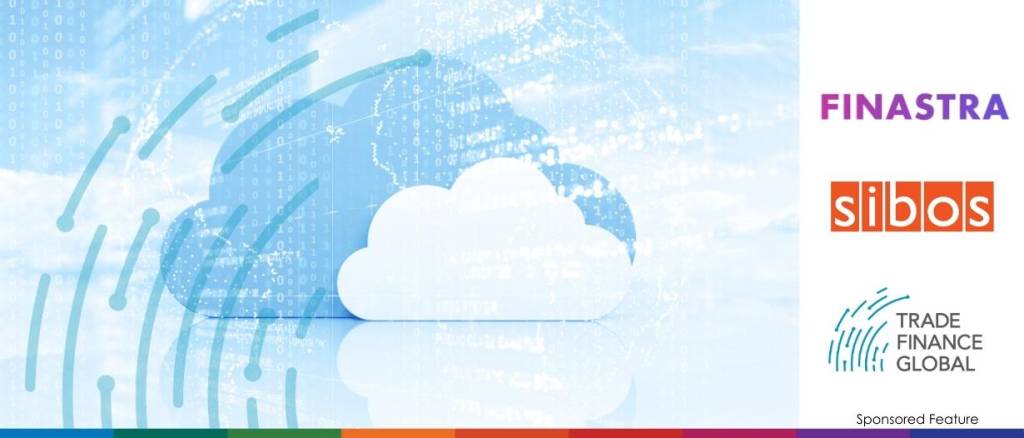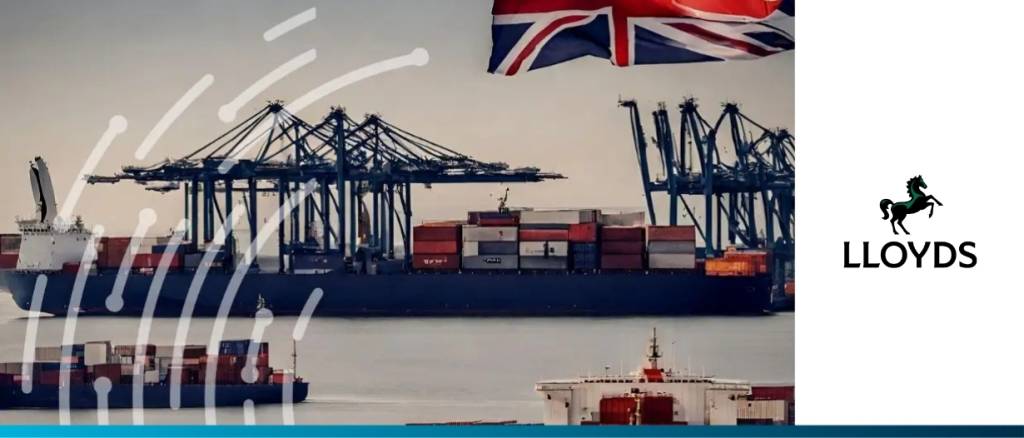Join TFG’s Deepesh Patel and Ravesh Lala, IBM’s Head of Business Development for Hybrid Cloud Solutions, at Sibos in Toronto as they clarify the complexity of generative AI and its diverse applications in the trade industry. Ravesh starts with one of the foremost challenges confronting banks in trade and supply chain finance—digitalisation. He underscores the critical importance of transitioning from conventional paper-based procedures to a fully digital supply chain to enhance operational efficiency.
We hear insights from Deepesh Patel, Editor at Trade Finance Global, and Ben Ellis, the SVP Global Head of Visa B2B Connect, reporting from Sibos in Toronto. They highlight the core themes of Sibos: transparency, speed, and security.
At Sibos, the topic of trade digitalisation was buzzing with discussion. However, in order for the industry to make significant progress, it’s essential for all stakeholders to align their efforts. Pamela Mar, Managing Director of ICC Digital Standards Initiative (DSI), is at the forefront of addressing this issue.
In a recent conversation at Sibos, Toronto, TFG’s Deepesh Patel sat down with Steven Beck, Head of Trade and Supply Chain Finance at the Asian Development Bank (ADB). Together, they explore the reasons behind the staggering expansion of the trade finance gap, which has now reached a staggering $2.5 trillion.
Live from Sibos in Toronto, TFG’s Deepesh Patel spoke with Tracey Black, the CEO and President of Payments Canada. In a financial sector renowned for its stability and robust regulatory environment, Payments Canada has been entrusted with the pivotal task of modernising payment systems.
In a rapidly evolving world, where businesses are constantly seeking ways to streamline their operations and enhance efficiency, the trade finance sector is no exception.
At Sibos Toronto, TFG’s Deepesh Patel spoke with Rogier van Lammeren, Managing Director, Head of Trade & Working Capital Products at Lloyds Bank, and Patrik Zekkar, CEO of Enigio.
The German branch of the International Chamber of Commerce, ICC Germany, in collaboration with financial technology firm MonetaGo, has released a report stating that digitalisation is key to combating global… read more →
Lloyds Bank published its “Trade Insights: The changing face of UK trade” report, offering a comprehensive analysis of the evolving landscape of UK trade. The report highlights the transformative changes… read more →
During ICISA’s Trade Credit Insurance Week 2023, CEO and co-founder of Tinubu, Olivier Placca, will speak to the conference about leveraging Artificial Intelligence (AI) for Trade Credit Insurance Advantages. This… read more →
























